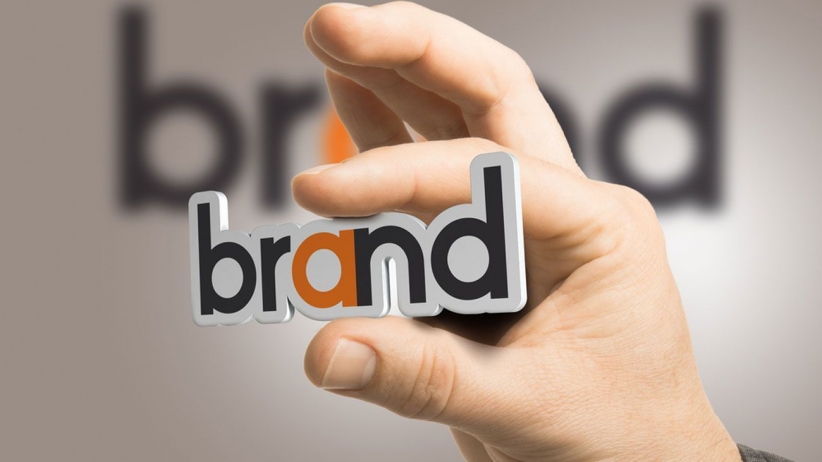Author: Sujan Patel / Source: Entrepreneur “Personal branding is one of the most important skills that every professional must master at

“Personal branding is one of the most important skills that every professional must master at some point in their career,” marketing speaker Seth Price says on his website. “It’s the culmination of many different skills.”
He’s right: At the end of the day, your personal brand is the only thing you truly have. It’s your reputation online; and, in the business world, your personal brand drives your game. It has to reflect the fact that you are transparent, forward-thinking and willing to put everything out there to achieve success.
However, some things may not go as planned, and the consequences could have a lasting impact on your business or career. Case in point: 53 percent of decision-makers said in one survey that they had eliminated vendors from consideration based on information they found online.
Here are seven warning signs that your personal brand, too, might be in trouble.
1. You’ve become a “character.”
A strong personal brand is a critical part of growing as an entrepreneur. It’s how people come to identify with you. Your brand is supposed to be a reflection of your unique experience and authority. But it can also grow out of proportion: This can happen when you exaggerate in hopes of standing out or fitting into certain social interactions.
So, take care, because when you morph from being your own, authentic self to become a character, you no longer have a personal brand. It’s become more of a performance you intend for others to consume, rather than a solid representation of who you are and what you’re about.
The takeaway: Don’t embellish; focus on your natural persona, concrete accomplishments and professional background. Don’t feel that you need to oversell or become something you’re not in order to impress your peers and audience.
2. Your brand has lost definition.
Impostor Syndrome can be crippling for an entrepreneur. At times, you might feel that your experience and knowledge, and everything else about you are all just part of your façade. Originality can fade, and you start questioning whether you’re sharing anything of real value.
As you shrink into yourself, you’ll lose your edge, eventually becoming too smooth and rounded off like all the other polished stones tumbling along the bottom of a fast-moving river.
The takeaway: If you feel indistinguishable — or feel like an impostor — return your focus to the value proposition that you…

COMMENTS